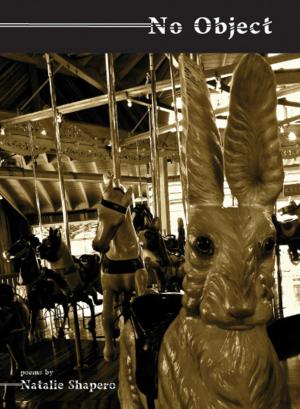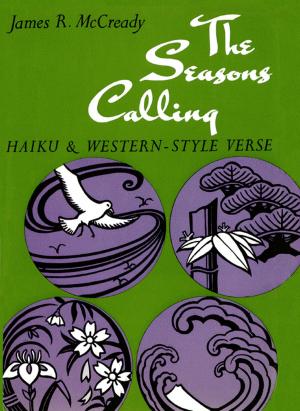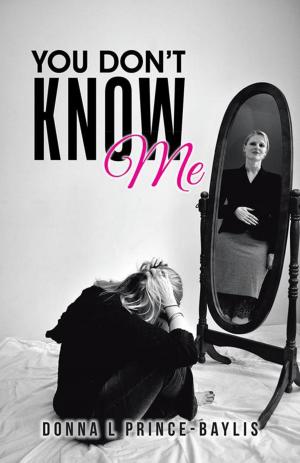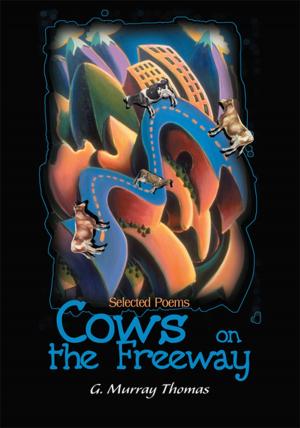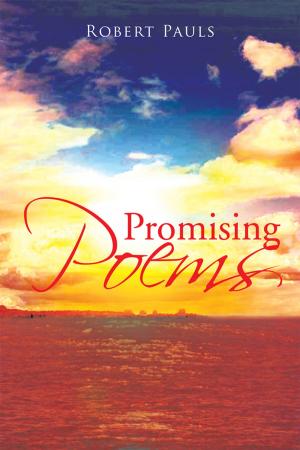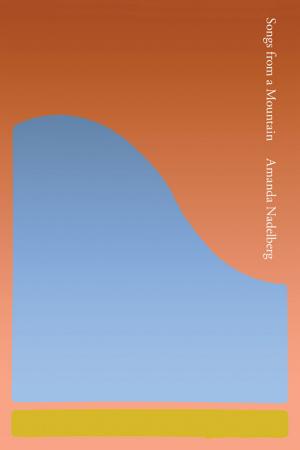| Author: | Sommer Nectarhoff | ISBN: | 1230000286699 |
| Publisher: | Sommer Nectarhoff | Publication: | December 18, 2014 |
| Imprint: | Language: | English |
| Author: | Sommer Nectarhoff |
| ISBN: | 1230000286699 |
| Publisher: | Sommer Nectarhoff |
| Publication: | December 18, 2014 |
| Imprint: | |
| Language: | English |
When most people hear someone mention poetry they scoff and look away—and it’s hard to blame them, but it’s not their fault. When we’re in school, and particularly high school English classes, we’re forced to read dense, inaccessible, difficult-to-comprehend verse by—to be frank—dead old British dudes. Not only does their language seem antiquated to the contemporary reader, but it’s also difficult to relate to, as it almost always seems unbearably floral. Because this is what we’re given to study, it’s only natural that we come to assume all poetry must be the same way.
But if we’re exposed to the “right" poetry—and not necessarily "better" poetry—it can enrich our lives in much the same way that music does. For the reader it provides insight into a pure, condensed form of emotion or storytelling, a tap into the rich past that has guided human thought for millennia. For the writer, it teaches a sensitivity to language, a concision of diction and punctuation, and an economy of thought otherwise difficult to learn. And for everyone, if only they could get over the cultural stigma surrounding it, poetry could provide a very meaningful and accessible form of honest self-expression.
This text will expose readers to the “right" poetry, pieces that explore what to most will be a new—and yet immeasurably old—form of music. By the end of this book you will have caught a glimpse of the art of verse, as well as obtained the knowledge necessary to enjoy it on your own.
When most people hear someone mention poetry they scoff and look away—and it’s hard to blame them, but it’s not their fault. When we’re in school, and particularly high school English classes, we’re forced to read dense, inaccessible, difficult-to-comprehend verse by—to be frank—dead old British dudes. Not only does their language seem antiquated to the contemporary reader, but it’s also difficult to relate to, as it almost always seems unbearably floral. Because this is what we’re given to study, it’s only natural that we come to assume all poetry must be the same way.
But if we’re exposed to the “right" poetry—and not necessarily "better" poetry—it can enrich our lives in much the same way that music does. For the reader it provides insight into a pure, condensed form of emotion or storytelling, a tap into the rich past that has guided human thought for millennia. For the writer, it teaches a sensitivity to language, a concision of diction and punctuation, and an economy of thought otherwise difficult to learn. And for everyone, if only they could get over the cultural stigma surrounding it, poetry could provide a very meaningful and accessible form of honest self-expression.
This text will expose readers to the “right" poetry, pieces that explore what to most will be a new—and yet immeasurably old—form of music. By the end of this book you will have caught a glimpse of the art of verse, as well as obtained the knowledge necessary to enjoy it on your own.


